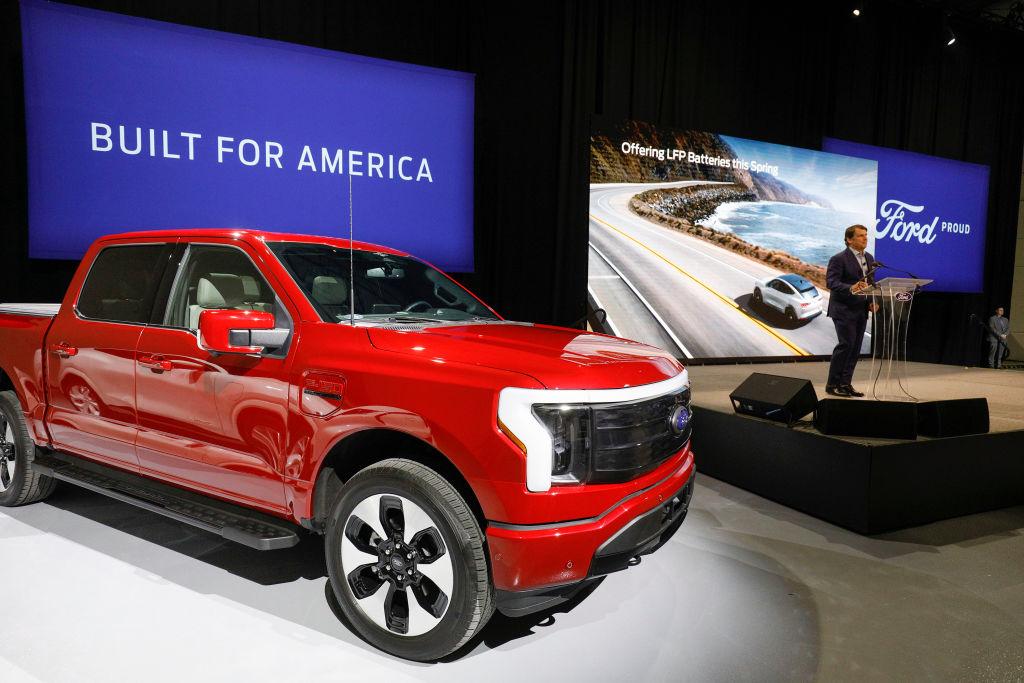Dozens of Republican House Energy and Commerce Committee members are seeking to review the licensing agreement between Ford Motor Co. and a Chinese electric vehicle (EV) battery maker.
In a letter sent to Ford CEO James Farley, the Republicans, led by Committee Chair Cathy McMorris Rodgers (R-Wash.) and Oversight Subcommittee Chair Morgan Griffith (R-Va.), asked for a copy of the licensing agreement and all of Ford’s communications on the deal’s eligibility for tax credits.



